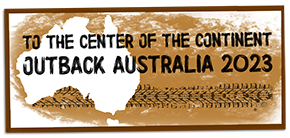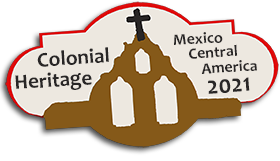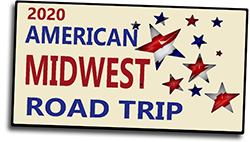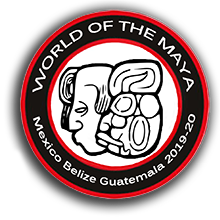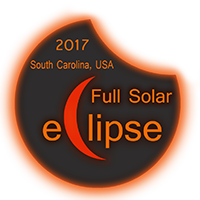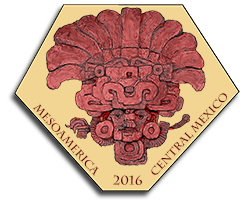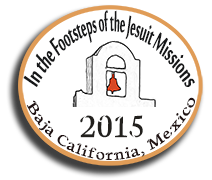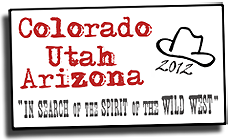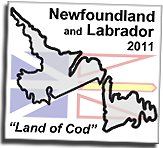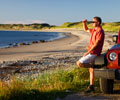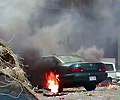
Not everyone realizes that experiences generate more happiness than material possessions.
The initial joy of acquiring a new object fades over time, but
great experiences provide happiness through our memories forever.
What are “Swulinski Overland Expeditions?”
During our overland expeditions, we are looking for diversity in the world around us. In the era of globalization, we want to emphasize cultural diversity around us. Through our travels, we want to drive as many countries as possible. We are interested in architecture and history, and the aim is to visit the most important historical places in each of them. Our goal is to learn about America's pre-Columbian cultures. Our overland expeditions are not simply about spending a night in the wilderness; traveling by car is not important by itself either. Important are the places we visit on our way and people we meet. We want to find the old tribes and learn more about their history. Our main goal is to observe the impact of colonization on local culture. Through photography and stories, we document our experiences.

During our travels, we do not rely navigation to determine our routes. Sure, navigation can guide you from point A to point B, but the idea of our expeditions is not simply to reach the destination by the shortest route. We want to explore what is unknown to us, we need to experience and see the unexpected. Traveling using traditional maps is a better fit to our style of travel. GPS screen is too small and gives no view of the surroundings. Regular maps provide a better perspective of the area you are driving in. People who blindly use navigation lose the whole fun of traveling. They often do not even know by which route they reached their destination. Finding our current location on a map based on GPS coordinates is a different thing altogether. This helps a lot when you get lost, but asking locals for directions is even better. Planning the route on a map and later changing it is an important part of an overland journey.

